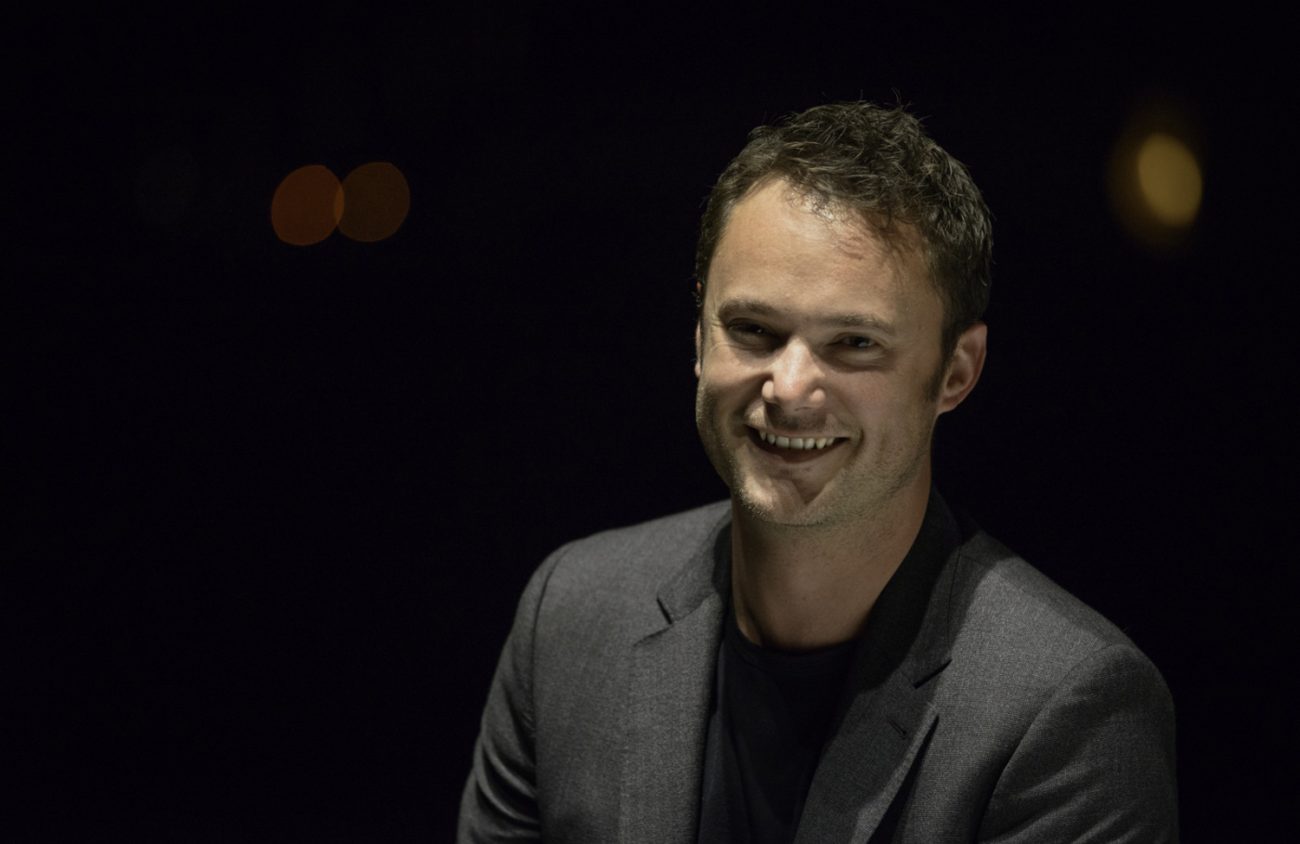What, you’ve never been to the Oregon Bach Festival?
That’s like living in Eugene and never once watching a track meet at Hayward Field, never cheering at a Duck game, never enjoying the Whiteaker Block Party or never getting down and dirty at the Oregon Country Fair.
What will you tell your grandchildren? That you lived in the same town with a Grammy-winning musical festival and never heard a note? You owe it to yourself to take part in this cultural experience, which this year runs June 29 through July 15.
So here’s a quick guide for the uninitiated, with three recommended concerts to try out.
OBF is a festival in transition, stripped down to basics. Instead of the big sprawling summer gathering of years past, with giant concerts in the Hult Center’s Silva Concert Hall, this year’s version offers a leaner calendar focusing on more-intimate shows in the smaller Beall Concert Hall at the University of Oregon.
The downsizing comes hand-in-hand with (relatively) new artistic director Matthew Halls, who took over after founding artistic director Helmuth Rilling retired in 2013. A German choral conductor, Rilling was known for big, romantic 19th-century style performances of Bach choral works. Think wall of sound.
A youngish Brit, Halls has opened the festival’s doors to the much trendier “historically informed performance,” which means Bach as it would have been played in Bach’s day: smaller, lighter ensembles, smaller halls, smaller and quieter instruments. Think intimate.
Here’s what to see:
Concert No. 1: You can hear the new OBF at its best in the sparkling clear acoustics at Beall Hall, which is where the festival opens Thursday, June 29, with a performance conducted by Halls of J.S. Bach’s St. Matthew Passion. Can’t make it June 29? The concert will be repeated June 30 at Beall.
“Beall Hall is the perfect space in which to hear Bach,” Halls said in a phone interview earlier this month. “It has the drawing-room acoustics of an 18th-century space.”
Soloists are Sophie Junker, soprano; Reginald Mobley, countertenor; Charles Daniel and Lawrence Wiliford, tenor; and Peter Harvey and Tyler Duncan, baritone. The Pacific Boychoir Academy will perform along with the OBF Festival Chorus and Orchestra.
Concert No. 2: Next up, take in at least one episode of the newly renamed (re)Discovery series. The wildly popular old Discovery series touched on the beating heart of the festival, which was Rilling’s behind-the-scenes master class for choral conductors from around the world.
In those informal afternoon concerts, the eminence grise Rilling — in shirtsleeves — would explicate a Bach choral work, using the orchestra and chorus directed by students from the master class to illustrate his points. This was as good as watching Neil deGrasse Tyson talk about science.
Under Halls, the (re)Discovery series has been moved to evening slots, giving more access to people with day jobs. This year’s series looks at Bach’s St. John Passion in presentations July 5, 10 and 12, all at Beall Hall.
“It’s following a slightly new design,” Halls says. “Allowing the student conductors to share their own thoughts about the piece in an informal discussion with me.”
For concert No. 3, I’ll suggest a couple options, both in the Hult Center.
On Saturday, July 8, the full forces of the festival will return to the Hult’s Silva Hall for Handel’s Hercules, a seldom-performed dramatic choral work that lies somewhere between opera and oratorio.
Danish harpsichordist and conductor Lars Ulrik Mortensen, who was named Danish musician of the year in 2000, conducts, with Junker, soprano; Sarah Mesko, mezzo soprano; Reginald Mobley, countertenor; Nicholas Phan, tenor; and Peter Harvey, baritone.
“It’s been far too long since a major work of Handel has been offered at the festival,” Halls says. “To have Hercules on the schedule is a great delight.”
As an alternative, try the festival’s closing-night performance on Saturday, July 15, of Beethoven’s Missa Solemnis, also in the Hult’s Silva. Halls conducts the orchestra and chorus, with Nicole Cabell, soprano; Mesko, mezzo soprano; Phan, tenor; and Morgan Smith, bass.
Missa Solemnis is big, lush and authentically Romantic in character. “It’s not heard very often,” Halls says. “It’s a visionary work and a difficult work. It’s Beethoven at his most confused and conflicted. A mass that portrays the paradox of the believer.”
Halls will have more than Bach or Beethoven on his mind during this year’s festival. At the time of this writing, he and his wife — Toronto soprano Erin Cooper Gay — were expecting the imminent birth of their first child.
One final note: Don’t be late to the show! The festival has moved up the curtain time for all its evening performances this year from 7:30 pm to the unprecedented concert hour of 7 pm. I anticipate a fair number of stragglers in the lobby.
The Oregon Bach Festival runs June 29 to July 15 at the Hult Center and at the University of Oregon School of Music and Dance. Tickets and more information are at OregonBachFestival.com.
